8 Types Of Therapy For Autism To Consider
Here are the best types of therapy and treatment for autism that you should consider for your child.
Best Types Of Treatment For Autism
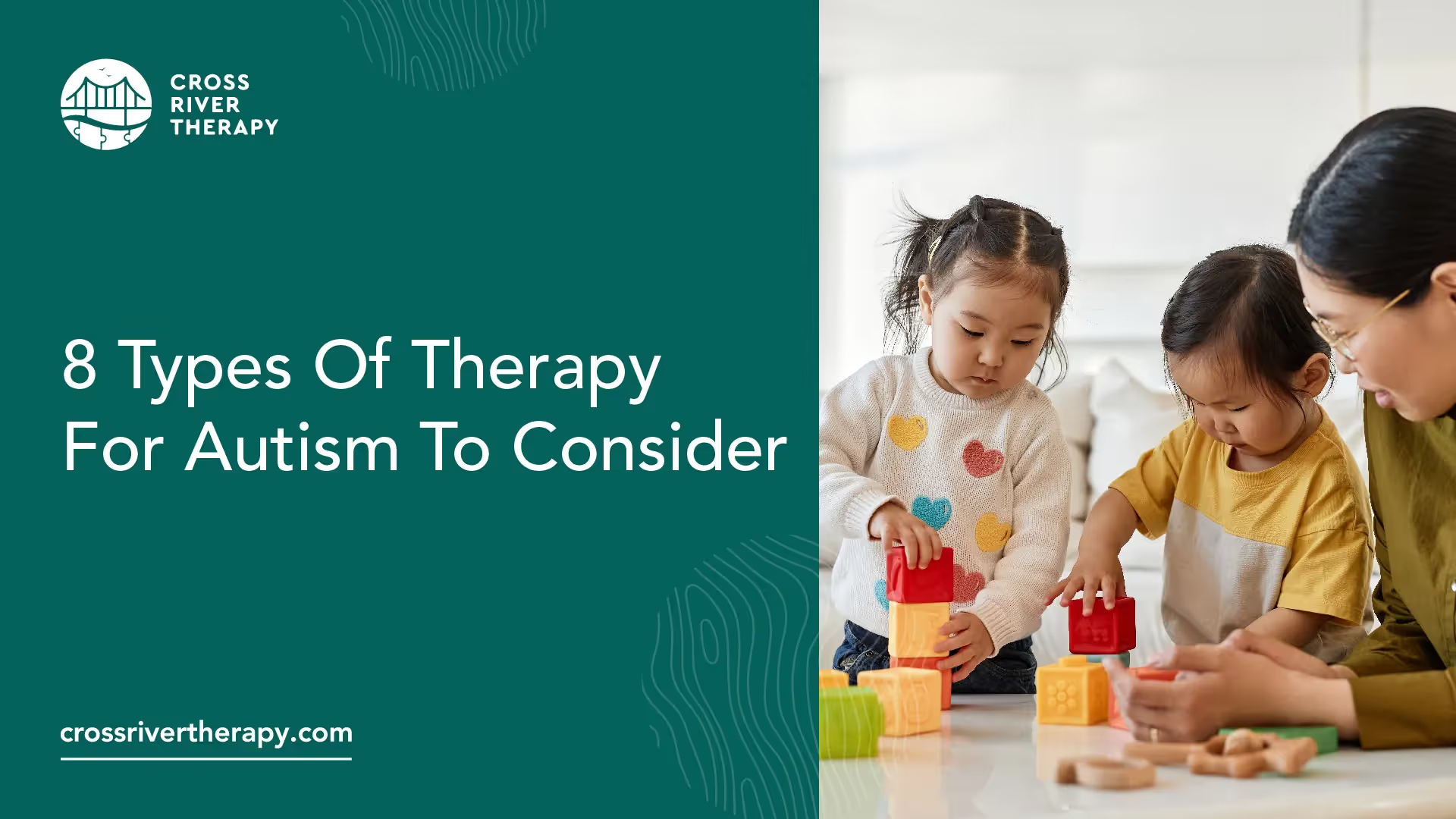
If you're looking for the best and most effective autism treatments and therapies, continue reading.
- Applied Behavior Analysis (ABA)
- Relationship Development Intervention (RDI)
- Speech therapy
- Play therapy
- Equestrian therapy
- Cognitive-Behavioral Therapy (CBT)
- Sensory integration
- Music therapy
Applied Behavior Analysis (ABA)
Being mostly used for children with various severities of autism, Applied Behavior Analysis, teaches and develops social skills.
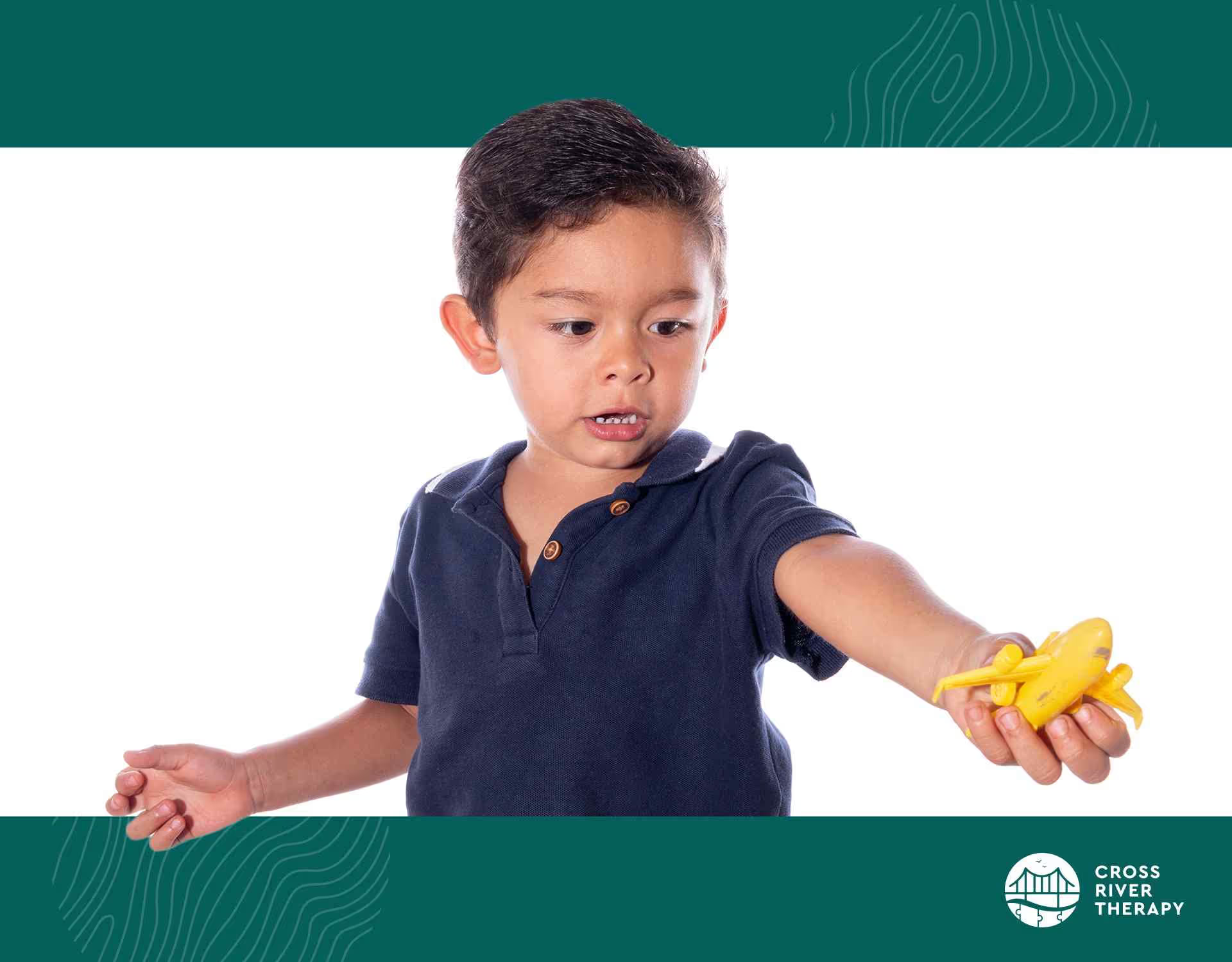
ABA builds and develops a child's competency in language, boosts good behavior through different techniques related to positive reinforcement, provides rewards that are meaningful and long-lasting, and introduces consequences for unwanted behavior. ABA typically begins with an autism diagnosis made by a pediatrician or child psychologist.
With routine visits to a doctor, autism can be detected at a very early age.
It's during this crucial period when parents are advised to look into therapy before a child becomes a toddler.
At this point, most parents are given options predicated on their child's insurance plan, which determines where ABA therapy will take place. The standard for practice is at an ABA clinic or center.ABA therapy has numerous objectives and applications. The following are the most common:
- Increases in a child's social abilities
- Raised communication levels, particularly in receptive and expressive communication
- Better showing skills, along with tooth brushing, bathroom skills, cleaning behind oneself, and other hygienic practices
- Increased awareness and self-awareness during playtime with other children
- A reduction in maladaptive behaviors
ABA therapy is the most comprehensive way for carrying out an autism intervention. It's critical for kids with ASD since it mitigates problems with their skill imitation, communicative abilities, cognition, recreational skills, self-regulation, and interpersonal abilities. Physical abilities related to walking, posture, and gross motor skills can also be increased at a therapy center.
Relationship Development Intervention (RDI)
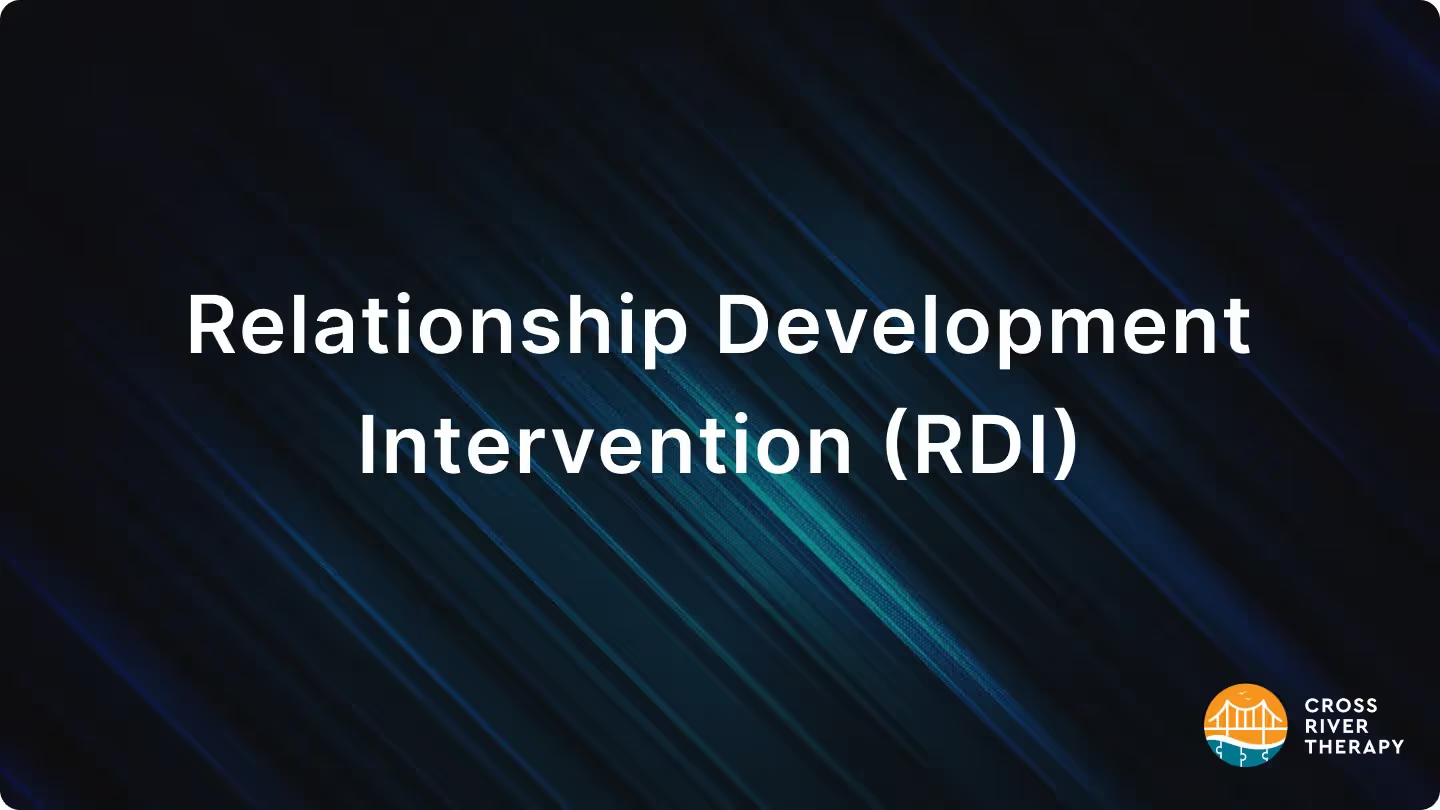
RDI teaches children with ASD teh ways to develop bonds with friends, parents, siblings, and other family members. As family-based therapy, RDI boosts psychological, flexible, and social thinking in children.
Kids learn coping skills, along with transitions, all of which are challenging in their initial stages.
For this reason, RDI instructors rely on parents to help them become somewhat of a therapist for their children, as they interact with them more daily. This can be done with a primary therapist through an RDI program prescribed by a doctor.
Speech therapy
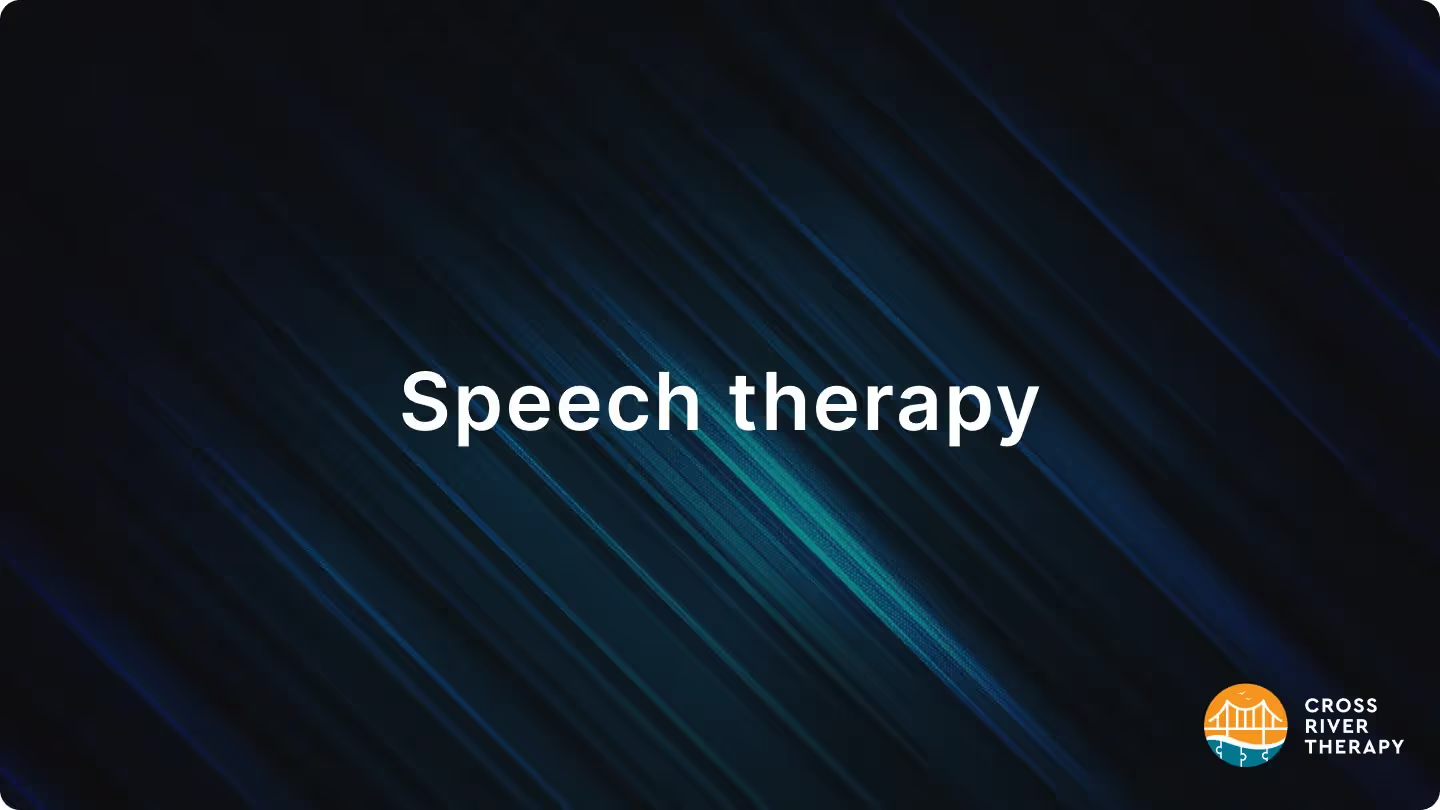
Speech therapy has been proven beneficial to people with autism. Still, it's not the therapy that most parents seek first, nor is it often recommended by a doctor in the initial stages of an autism diagnosis. Some circumstances can make it impossible for someone with ASD to undergo speech therapy.
However, that doesn't make it entirely ineffective.
Speech therapy can be used by anyone, even people without a diagnosis. It's most effective with high-functioning clients.
It caters to both children and adults with and without ASD. Speech therapy is a great way for autistic patients that do undergo it to bypass the irritations associated with social isolation and the anxiety that often follows it.
Comorbidities are common with autistic people, a common trait for those needing speech therapy. In these instances, it's useful since it helps autistic symptoms and other underlying conditions.
In this sense, speech therapy could be an asset to the few who receive misdiagnosis, in some cases. Language and speech therapists are the primary providers of such treatment sessions.
Play therapy
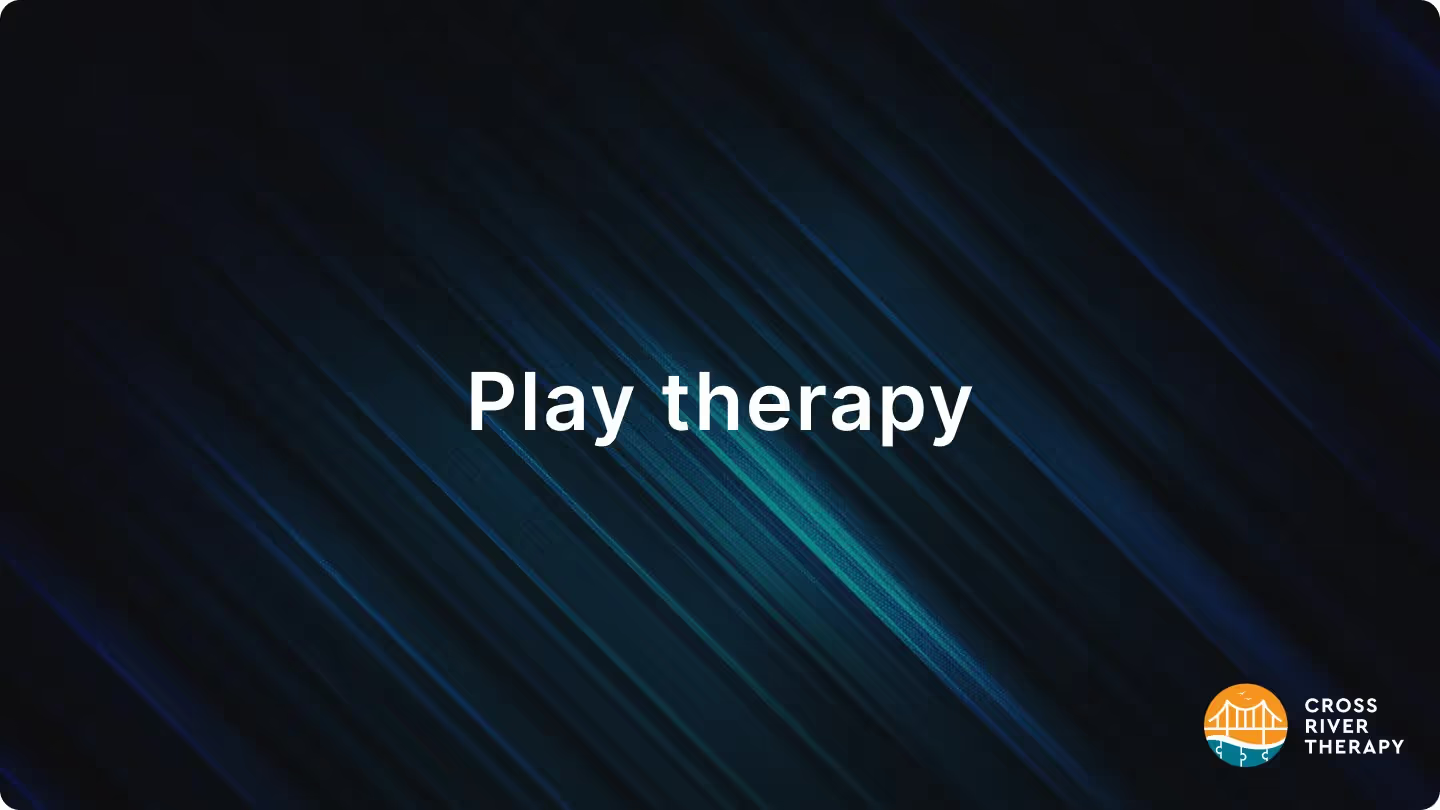
Play therapy that's provided for autistic clients isn't the same as similarly-named therapies for other disorders.
The focus is more on perception than on someone with another problem, such as anxiety.
Play therapy assists kids with ASD in learning how to interact with their peers, parents, and guardians in ways they can fully comprehend. And as children, this is during playtime.
Autism impacts how kids socialize and interact with others. An individual with ASD, for instance, zeroes in primarily on one attribute of a toy while rarely engaging in the made-up aspect of playing with it.
Therapists assist in helping kids interact with other children by broadening the focus and approach in front of them.
It can help navigate a child from a very narrow, black-and-white scope thought into relationships and experiences more collaborative. In the end, they'll get to know their surroundings, relationships, and feelings.
Equestrian therapy
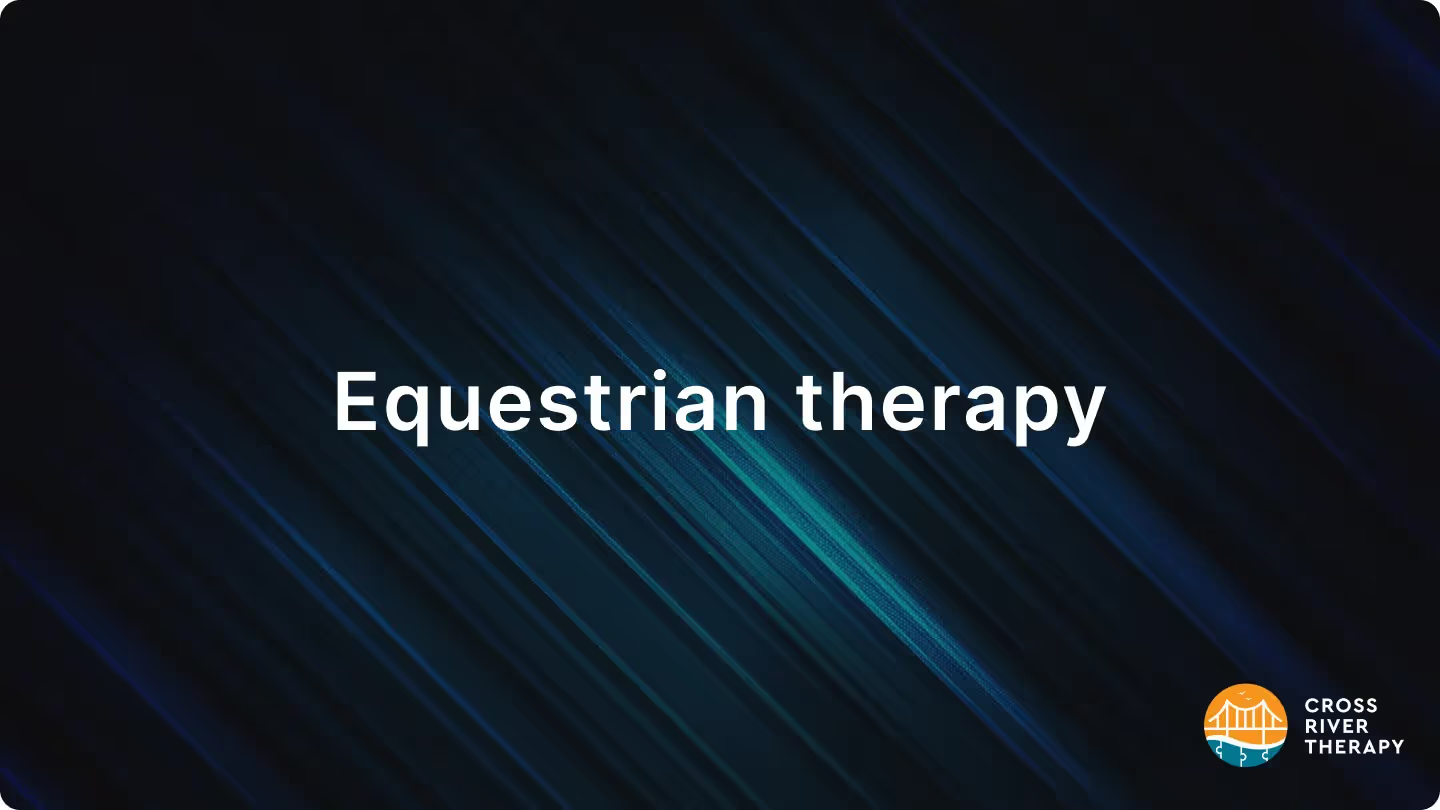
Equestrian therapy, as its name shows, is a therapy practice done through horseback riding. It helps ASD children learn how to ride horses in a way that's safe and without threats.
Therapists are tasked with directing both the horse and the child riding it. Based on results and lots of studies, equestrian therapy is shown to boost skills in communication and social abilities. It also lowers hyperactivity and irritability.
Cognitive-Behavioral Therapy (CBT)
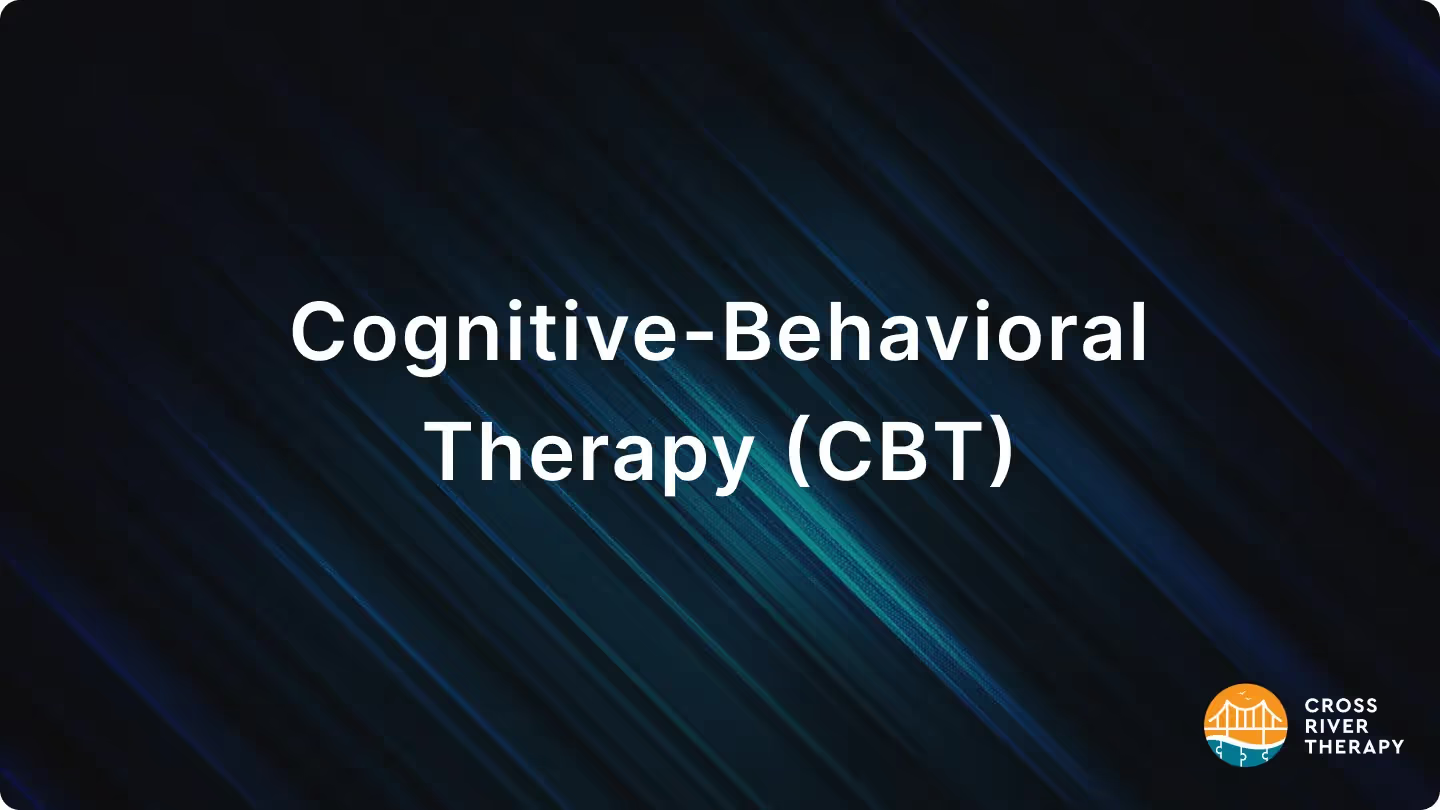
CBT is a talk-based therapy in which a psychologist or therapist is responsible for different people in several sessions that are carefully numbered. It can last for two-to-four months, according to the needs of the child.
It's updated constantly to become a more effective way of handling anxiety, either as a symptom of other disorders or on its own.
Sensory integration
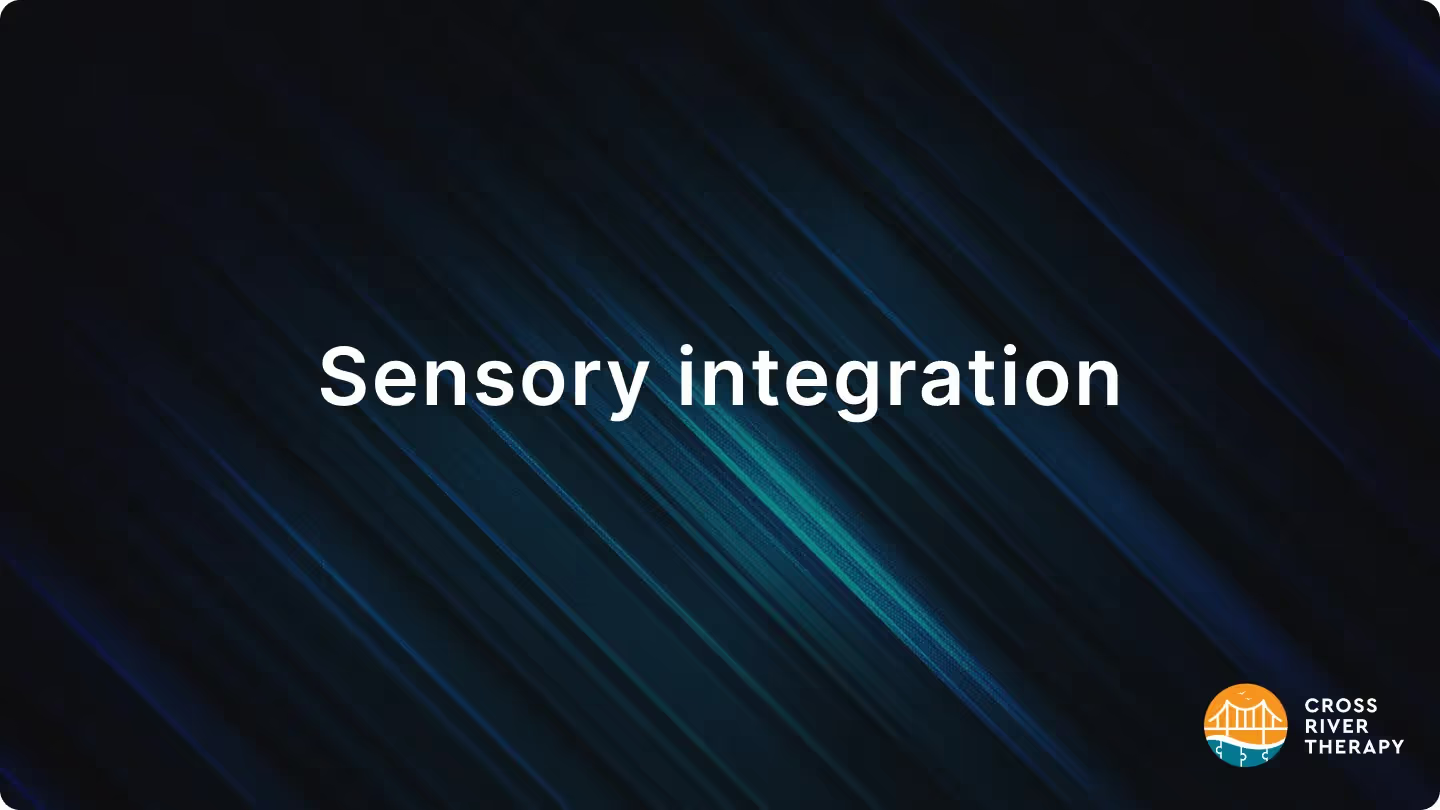
Sensory overstimulation is a common symptom found in autistic people. It can impact how sensory info is taken in and interpreted, resulting in too much or too little stimulation.
It can develop in actions that can't be easily described. Regardless, sensory integration can be utilized by the autistic to maintain their sensory input and control overloads.
Music therapy
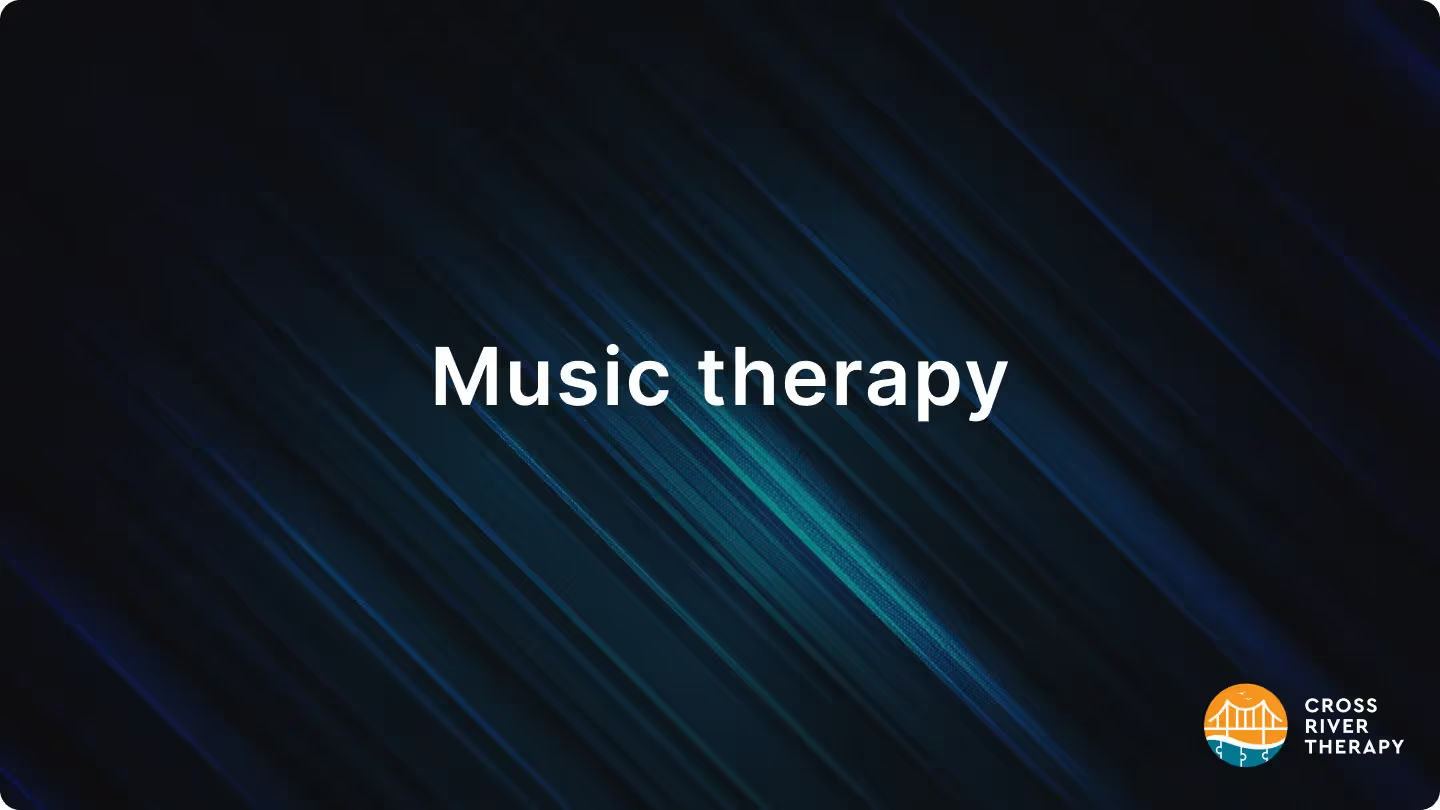
Music can help ASD clients by creating an emotional bond with different melodies. It revolves around them interacting with a therapist when music is playing, potentially boosting emotional attachment to different songs.
The Importance Of Therapy For Autism
Autism impacts many people, even those that aren't affected but interact with someone that has the disorder. Of even 44 kids in the US, one is autistic.
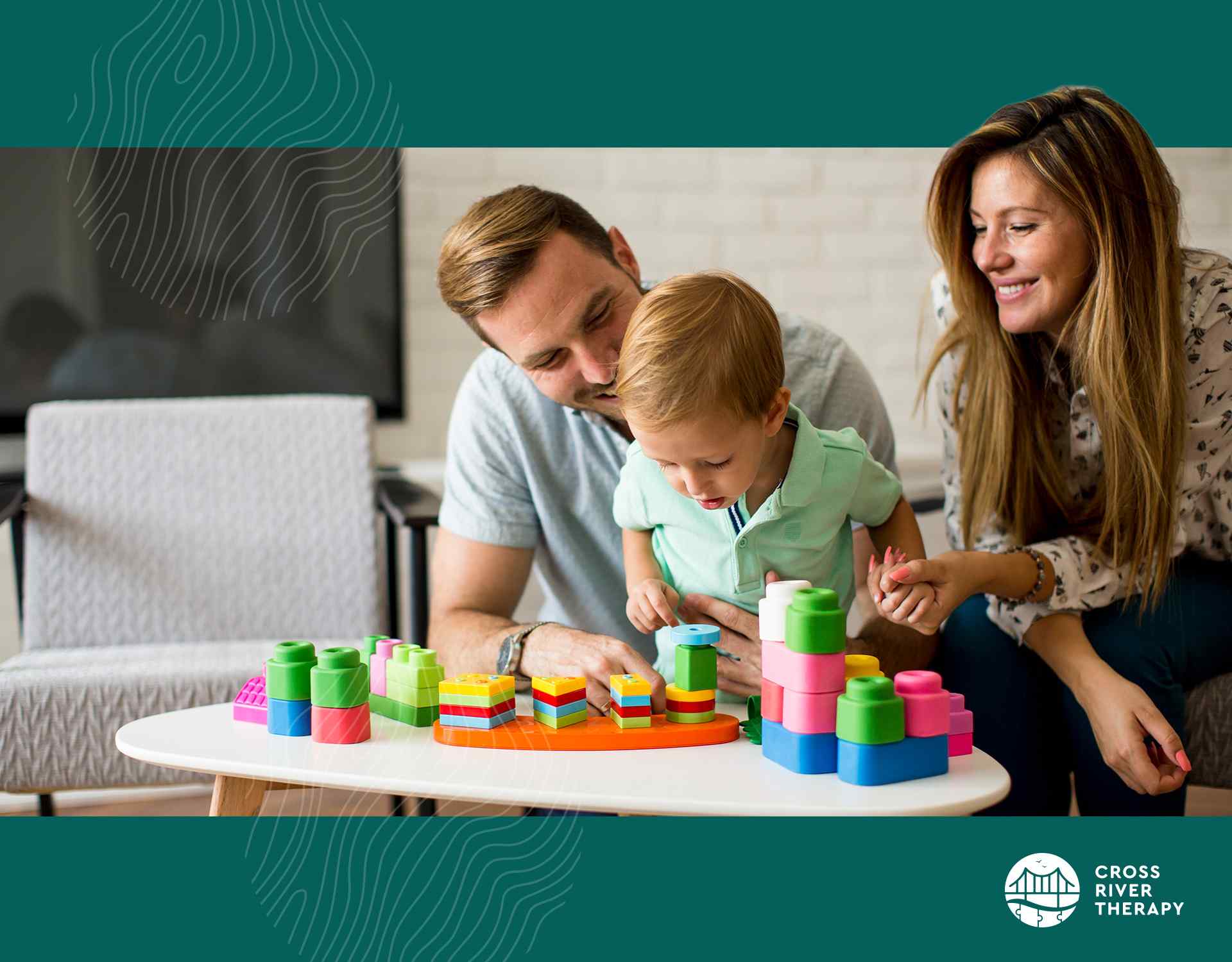
At this number, awareness of the disorder has increased in most communities.
The benefits of autistic people undergoing therapy can positively affect their life.Kids exhibiting early signs of the disorder stand to benefit the most. A young brain develops at a very fast rate at this stage of life.
When young people undergo therapy by the first year of their life, there are fewer symptoms exhibited regarding their ability to communicate and repetition than in kids that never received therapy at all.



